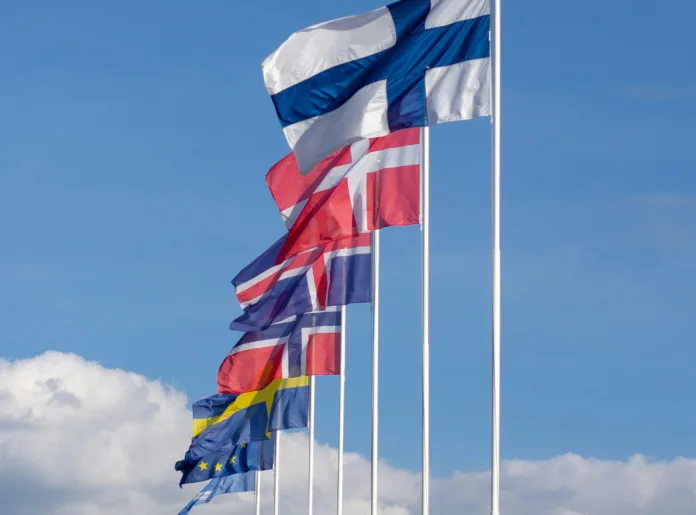Ireland, alongside two other European countries, plans to announce official recognition of Palestine, prompting criticism from Israel
Ireland will formally recognize Palestine as a state, coordinating its announcement with at least two other European governments. An Irish official revealed this development to POLITICO ahead of a press conference scheduled for 8 a.m. on Wednesday, led by Prime Minister Simon Harris, Foreign Minister Micheál Martin, and Environment Minister Eamon Ryan.
The official, speaking on condition of anonymity, disclosed that Ireland has been in discussions with Spain, Slovenia, Belgium, Norway, and Malta about the timing of recognizing Palestinian statehood. These countries share Ireland’s view that the European Union should collectively recognize Palestine.
Embed from Getty ImagesIn anticipation of Dublin’s announcement, the Israeli foreign ministry released a video accusing Ireland of supporting Hamas. The video stated, “The fact that Hamas leaders are thanking you should serve as a wake-up call,” directly addressing Ireland.
Currently, Sweden remains the only EU member to have unilaterally recognized Palestine. Several other European countries recognized Palestine before joining the EU. Globally, more than 140 of the 193 United Nations member states recognize Palestinian statehood, although none of the G7 nations do.
This move by Ireland and its European counterparts signals a significant shift in diplomatic relations concerning the Israeli-Palestinian conflict. It also highlights the growing divide within the EU on how to approach Palestinian statehood.
Analysis:
The decision by Ireland and other European nations to recognize Palestinian statehood marks a pivotal moment in international diplomacy, reflecting broader shifts in global attitudes towards the Israeli-Palestinian conflict.
Politically, this move signifies a strong stance by Ireland and like-minded European countries, advocating for Palestinian self-determination. It challenges the longstanding positions held by many Western nations, including the G7, which have refrained from recognizing Palestine. The coordinated announcement suggests a strategic effort to influence EU policy and increase pressure on Israel to engage in meaningful negotiations.
Economically, the recognition of Palestinian statehood could have various implications. For Ireland and its European partners, it may strengthen economic ties with Arab and Muslim-majority countries supportive of Palestine. Conversely, it could strain economic relations with Israel and its allies. European companies operating in Israel or Palestinian territories might face new challenges or opportunities depending on how these political changes unfold.
From a sociological perspective, the recognition of Palestinian statehood by European nations highlights the evolving public opinion in Europe. There is increasing sympathy for the Palestinian cause and frustration with the protracted nature of the conflict. This shift in public sentiment influences political leaders to take more assertive positions on the issue, reflecting the democratic nature of their societies.
The recognition also has significant ramifications for international relations. It underscores the growing rift within the EU on foreign policy matters, particularly concerning the Middle East. Countries advocating for Palestinian statehood may find themselves at odds with EU members who maintain strong pro-Israel stances. This divergence could complicate EU cohesion on broader foreign policy issues.
Gender perspectives play a crucial role in understanding the impacts of this recognition. The Israeli-Palestinian conflict disproportionately affects women and children, who bear the brunt of violence and instability. Recognizing Palestinian statehood could pave the way for increased international support for initiatives aimed at improving the lives of women and children in Palestinian territories, focusing on education, healthcare, and economic opportunities.
Minority and marginalized communities within both Israel and Palestine stand to be affected by this diplomatic shift. For Palestinians, recognition by European nations can provide a sense of legitimacy and hope for a more secure and stable future. For minority groups in Israel, such as Israeli Arabs, this recognition might influence their position and treatment within Israeli society, potentially leading to heightened tensions or opportunities for dialogue.
In conclusion, Ireland and its European partners’ recognition of Palestinian statehood represents a significant development with wide-ranging political, economic, and social implications. It reflects changing attitudes within Europe and underscores the complex dynamics of the Israeli-Palestinian conflict. The international community will closely monitor how this recognition impacts the region’s stability and the broader geopolitical landscape.
